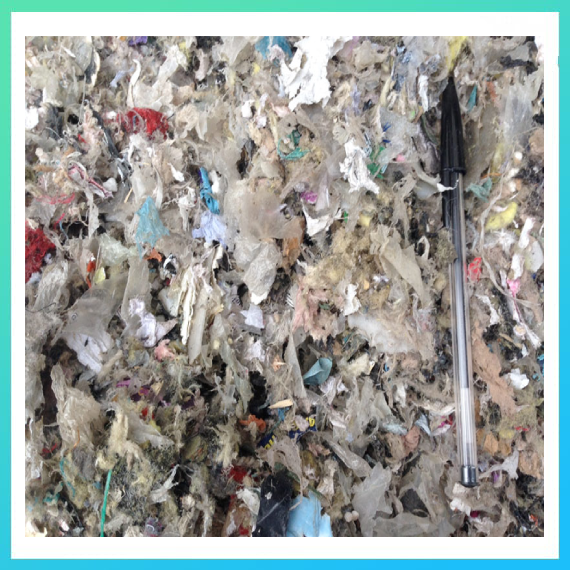What type of Material Produced?
RDF consists largely of combustible components of such waste, as non-recyclable plastics, paper cardboard, labels and generally ‘corrugative’ materials. The variety of materials able to be processed and turned into Refuse Derived Fuel means that this practice poses huge environmental benefits, as less and less fossil fuels will be required in coal fired power plants, lime plants or cement plants.
Firstly, the waste is sorted and any non-combustible materials, such as glass and metal, are removed. Metals are extracted using a magnet, while mechanical screening is used to remove the glass.
The waste items are then separated according to weight. Heavy materials are discarded as they have a lower calorific value and therefore won’t burn well. The remaining, lighter materials with high calorific value will be used for RDF.
Uses:
